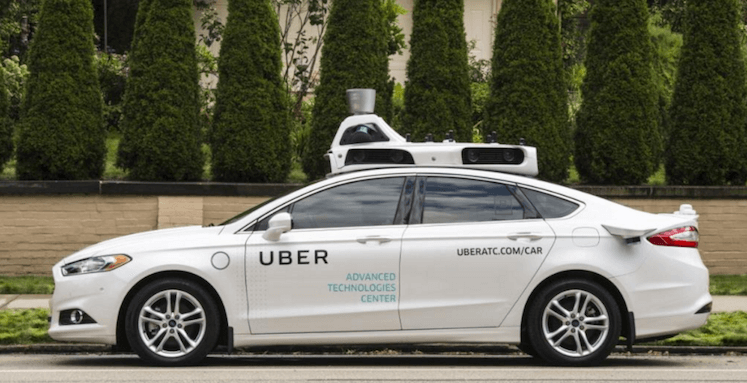Uber has kept details of its self-driving program rather secretive, compared to the openness of California rival Waymo, the self-driving division inside Alphabet. Sadly for the ride-sharing giant, internal documents have been published by Recode, showing the progress of the program.
The document revealed the number of miles drove autonomously every week, the number of times drivers had to take over, and the number of times they had to avoid serious damage. Uber managed 20,300 miles in the week beginning March 8, 1,700 less than the week before, but over 15,000 more than they were managing at the start of the year.
See Also: #DeleteUber campaign might harm company’s self-driving plans
Uber has added several dozen new cars to the road since the beginning of the year, which is the main reason for the surge in miles driven. It also started its controversial semi-autonomous ride hailing tests in Pennsylvania and Arizona, which are bundled in with fully autonomous tests in the two aforementioned states and California.
Even with the acceleration in autonomous miles driven, Uber drivers are still having to take control of the vehicle a lot, compared to Waymo. The document said that an “intervention” happens once every 0.8 miles, usually due to bad experiences, like jerky control.
The amount of times drivers needed to take over to avoid a harmful event, which includes hitting pedestrians or causing property damage, rose from 115 in the week beginning March 1 to 196 the following week.
Uber has still not managed as many miles as Waymo, which as an independent division and previously as part of Google has completed 1.5 million autonomous miles. The ride-sharing giant is catching up however, adding more cars onto the road at a faster pace than Waymo.
The acceleration of the program may be a rather expensive failure however, if Waymo wins its lawsuit against the company. The search giant has alleged that the head of Uber’s self-driving division, Anthony Levandowski, stole trade secrets from Google while working for the company, and set up self-driving truck startup Otto to sell the secrets onto Uber.
If Google manages to win the lawsuit, it could ask for Uber’s self-driving cars to be taken off the road, effectively ending the program.


















